A Tragic Event Shakes the Region
On April 22, 2025, a horrific attack unfolded in the serene Baisaran meadow of Pahalgam, a popular tourist spot in Indian-administered Kashmir. Gunmen opened fire on sightseers, killing 26 people and injuring 17 others in one of the deadliest assaults on civilians in the region since 2000. The Resistance Front, a militant group linked to Pakistan-based Lashkar-e-Taiba, claimed responsibility, sparking a fierce diplomatic and economic fallout between India and Pakistan. As of April 28, 2025, this tragedy has not only heightened tensions between the two nuclear-armed neighbors but also sent ripples through the business landscape, affecting tourism, trade, and regional stability. This article examines the business consequences of the Pahalgam attack and offers insights for companies navigating this volatile climate.
The Immediate Fallout: Diplomatic and Economic Measures
India swiftly pointed fingers at Pakistan, accusing it of supporting cross-border terrorism—a charge Islamabad has denied. In response, New Delhi rolled out a series of retaliatory measures. The Indian government suspended the Indus Waters Treaty, a 1960 agreement governing shared river resources, with Union Minister C.R. Paatil declaring that “not a single drop of water” would flow to Pakistan. Additionally, India revoked most visas for Pakistani nationals, forcing over 450 Indians to leave Pakistan via the Wagah border and deporting 272 Pakistani citizens by April 27, 2025. The Attari-Wagah border post, a key trade route, was closed, and India reduced diplomatic presence in both nations’ high commissions.
These actions have directly impacted businesses reliant on cross-border trade. The closure of the Attari-Wagah border has halted the movement of goods like cement, dry fruits, and textiles, which annually account for millions in trade between the two countries. Traders in Punjab’s Amritsar shut shops on April 26, 2025, in protest, reflecting the economic strain felt by local businesses. For companies in agriculture and manufacturing, the suspension of water-sharing agreements raises concerns about resource availability, potentially driving up costs in an already tense market.
Tourism Takes a Hit: Pahalgam’s Economic Ripple Effect
Pahalgam, nestled in the picturesque Kashmir Valley, has long been a jewel for India’s tourism industry, drawing millions of visitors annually with its lush meadows and the Lidder River. The attack shattered this tranquility, causing an immediate exodus of tourists. Markets shut down from April 22 to April 25, 2025, as fear gripped the town. While some holidayers began returning by April 26, drawn to the area’s beauty despite the risks, the Baisaran meadow—where the attack occurred—remains off-limits, dampening the region’s appeal.
The tourism sector, a lifeline for local businesses like hotels, restaurants, and tour operators, faces a steep decline. Joydeep Ghosh Dastidar, a tourist from Kolkata, noted that while some areas of Pahalgam were accessible, the closure of key attractions like Baisaran meadow limited the experience. Small businesses, already reeling from seasonal fluctuations, now face cancellations and reduced footfall. The broader Kashmir Valley, which had seen a tourism boom since 2019 after years of relative calm, risks losing its momentum, with ripple effects on India’s national tourism revenue, projected at $50 billion for 2025.
Global Business Sentiment: A Region on Edge
The Pahalgam attack has escalated India-Pakistan tensions to a boiling point, with both nations trading threats. Pakistan’s Defense Minister Khawaja Asif warned of a potential “all-out war,” while India’s Prime Minister Narendra Modi vowed to hunt down the attackers “to the ends of the earth.” The United Nations urged restraint, and the United States called for a “responsible solution,” reflecting global concern over the risk of military escalation between two nuclear powers.
For multinational companies operating in South Asia, this uncertainty poses significant risks. Firms in tech, pharmaceuticals, and consumer goods, which rely on India as a manufacturing hub, may face supply chain disruptions if tensions lead to border skirmishes or worse. The United Kingdom and the U.S. issued travel advisories warning citizens to avoid areas within 10 kilometers of the India-Pakistan border, signaling potential declines in foreign investment and tourism. Businesses with cross-border operations, such as logistics firms, are already feeling the pinch from the Attari-Wagah closure, with delays and increased costs becoming the norm.
Trade and Resources: The Water War’s Economic Toll
The suspension of the Indus Waters Treaty marks a significant escalation with far-reaching economic consequences. The treaty, which allocates water from the Indus River system, is vital for agriculture in both nations. Pakistan, heavily dependent on these waters for its agrarian economy, could face severe shortages if India leverages its infrastructure to control the flow, especially during the dry season. Pakistani officials, including Bilawal Bhutto-Zardari, have warned of dire consequences, with Bhutto-Zardari stating that “blood would flow in rivers” if water access is restricted.
For Indian businesses, particularly in agriculture and hydropower, the move could provide a short-term boost by redirecting water resources. However, the long-term impact may be less favorable. Indian experts note that inadequate infrastructure limits the country’s ability to fully utilize its 20% share of the Indus waters, a challenge that could hinder economic gains. Moreover, any retaliatory actions from Pakistan, such as China’s past blocking of Brahmaputra tributaries in 2016, could disrupt water access in India’s northeast, affecting farming and energy production in those regions.
Security Costs and Market Confidence
The Indian government’s response to the attack includes heightened security measures, with the National Investigation Agency (NIA) taking over the case and conducting 60 raids to dismantle the terror network. Overground workers and supporters were rounded up, and the homes of two suspects were demolished. While these steps aim to restore safety, they come with a financial burden. Increased defense spending, estimated at an additional $2 billion for 2025, could divert funds from infrastructure and social programs, potentially slowing economic growth.
Market confidence has also taken a hit. The BSE Sensex dropped 3% in the week following the attack, reflecting investor fears of instability. Sectors like tourism, aviation, and retail, which thrive on consumer confidence, are particularly vulnerable. Companies operating in Jammu and Kashmir face heightened risks, with hospitality worker Raul (who requested anonymity) expressing anxiety over renewed crackdowns and military presence, which could further deter visitors.
Opportunities Amid Crisis: A Strategic Pivot
Despite the challenges, crises often breed opportunities for agile businesses. Companies in cybersecurity and defense tech may see a surge in demand as India bolsters its security apparatus. Firms offering digital tourism solutions, such as virtual reality experiences of Kashmir’s landscapes, could fill the gap left by physical travel restrictions. Additionally, businesses in India’s renewable energy sector might capitalize on the push for water management infrastructure, aligning with the government’s redirected resources.
For global firms, diversifying supply chains away from the India-Pakistan border region can mitigate risks. Establishing operations in safer hubs like southern India or Southeast Asia could ensure continuity. Moreover, businesses that invest in community engagement—supporting local economies in Kashmir through fair trade practices—can build goodwill and resilience, positioning themselves as partners in recovery.
Navigating the Future: Lessons for Businesses
The Pahalgam attack underscores the fragility of business environments in geopolitically tense regions. Companies must prioritize risk assessment, incorporating political instability into their strategic planning. Maintaining flexible supply chains, securing alternative resource channels, and investing in local goodwill are critical steps to weather such crises. For those in tourism, diversifying offerings—perhaps by promoting safer destinations or digital experiences—can cushion the blow of regional unrest.
As of April 28, 2025, the India-Pakistan standoff shows no signs of abating, with Pakistan seeking international probes and India intensifying its crackdown. Businesses must stay vigilant, adapting to this new reality while seeking opportunities to innovate. The Pahalgam attack, though tragic, serves as a stark reminder that resilience and adaptability are key to thriving in an uncertain world.
Discover more from News Diaries
Subscribe to get the latest posts sent to your email.















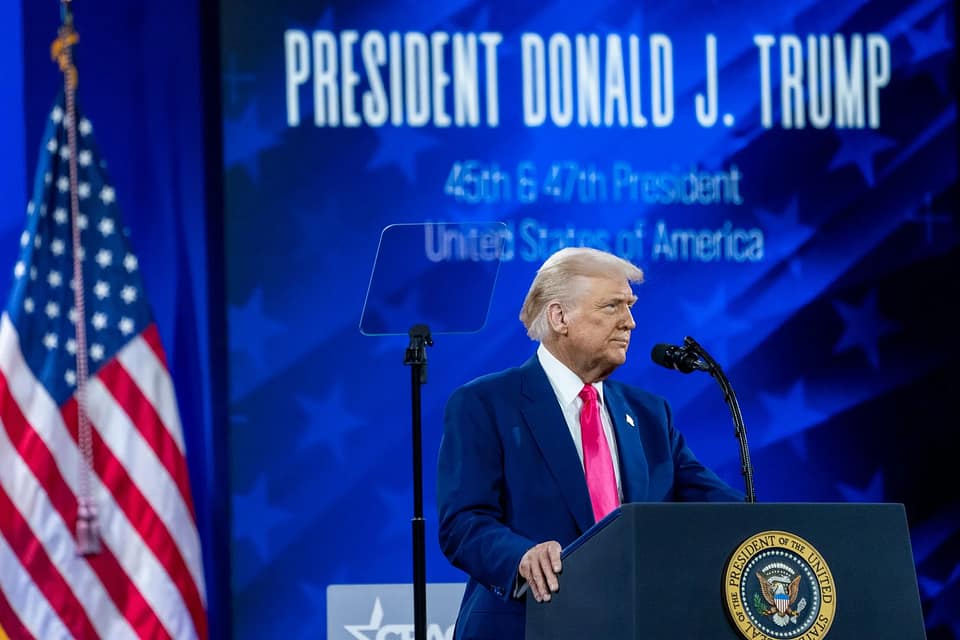

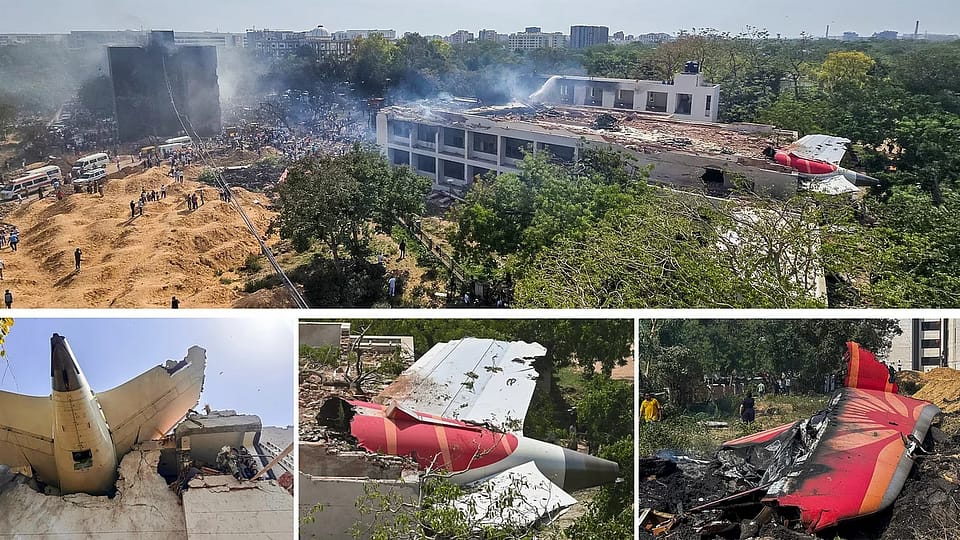

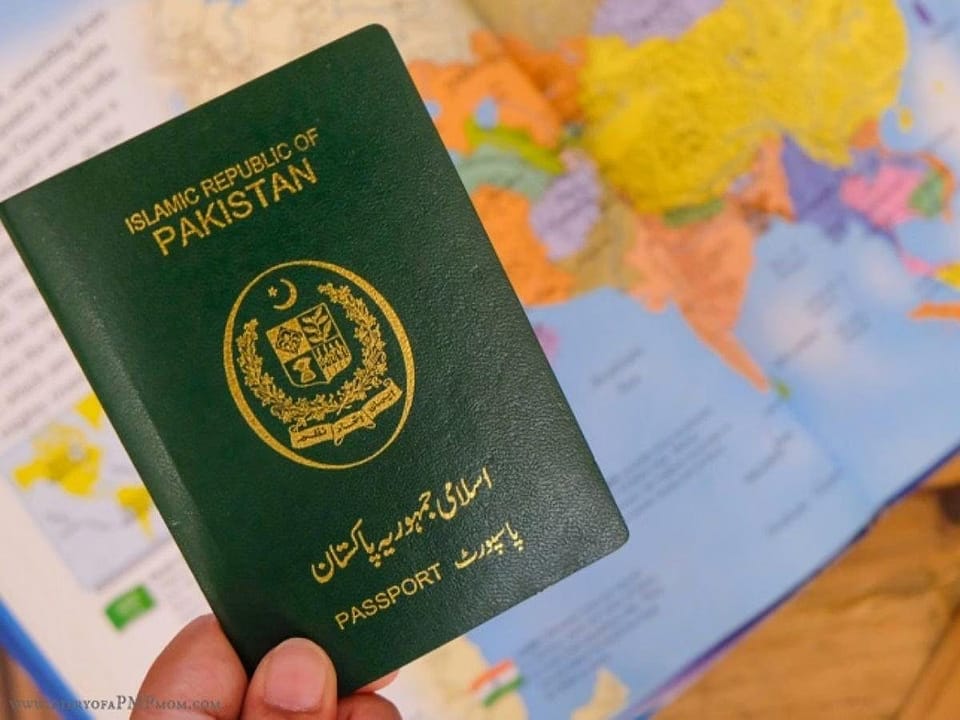








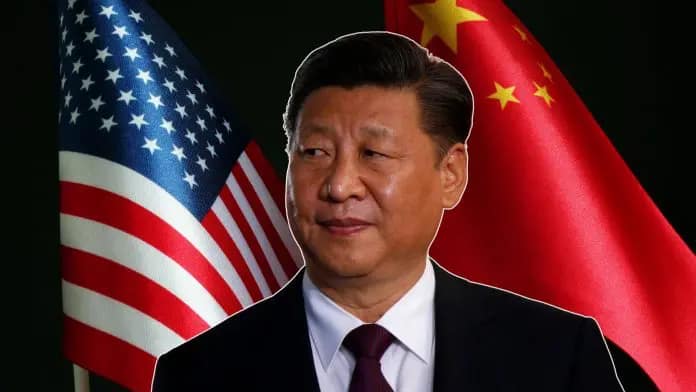
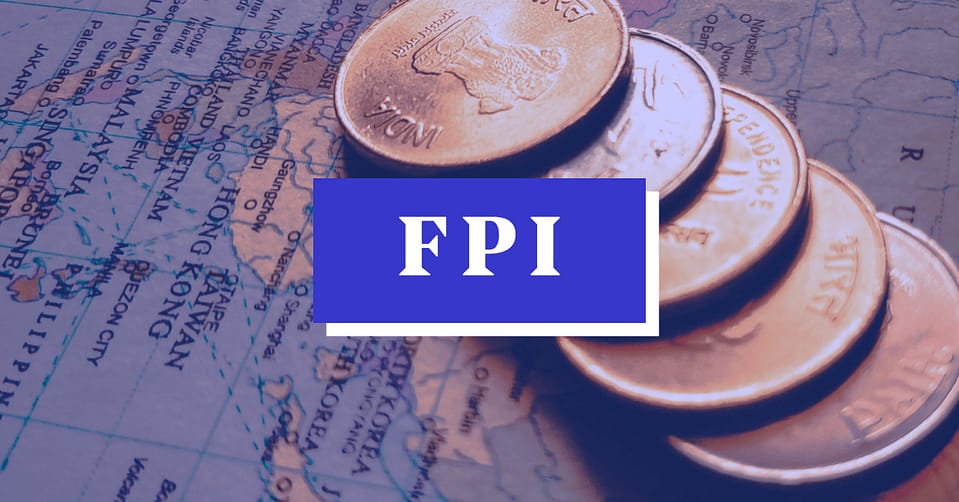


I saw a lot of website but I believe this one has something extra in it in it